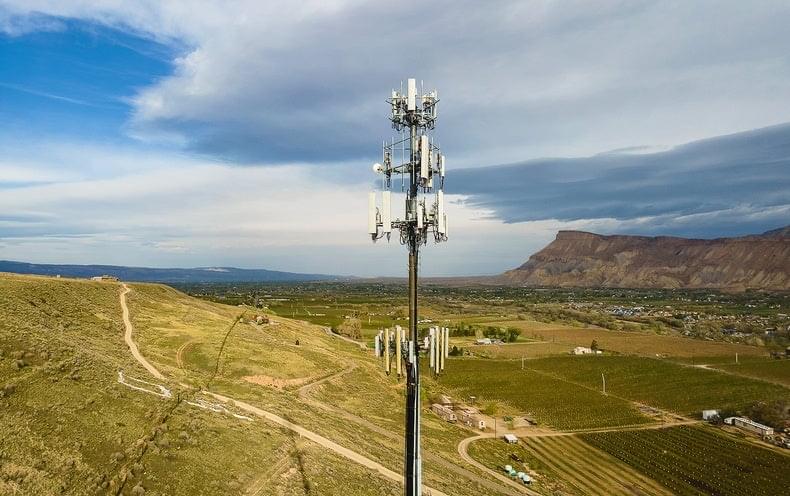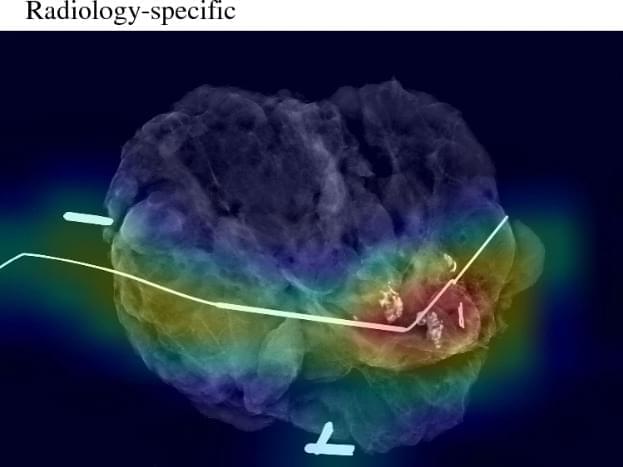This summer the federal government took steps to boost connectivity by expanding existing broadband infrastructure. In late June the Biden administration announced a $42.45 billion commitment to the Broadband Equity, Access, and Deployment (BEAD) program, a federal initiative to provide all U.S. residents with reliable high-speed Internet access. The project emphasizes broadband connectivity, but some researchers suggest a more powerful cellular connection could eventually sidestep the need for wired Internet.
The 6G network is so early in its development that it is still not even clear how fast that network will be. Each new generation of wireless technology is defined by the United Nations’ International Telecommunication Union (ITU) as having a specific range of upload and download speeds. These standards have not yet been set for 6G—the ITU will likely do so late next year—but industry experts are expecting it to be anywhere from 10 to 1,000 times faster than current 5G networks. It will achieve this by using higher-frequency radio waves than its predecessors. This will provide a faster connection with fewer network delays.
No matter how fast the new network turns out to be, it could enable futuristic technology, according to Lingjia Liu, a leading 6G researcher and a professor of electrical and computer engineering at Virginia Tech. “Wi-Fi provides good service, but 6G is being designed to provide even better service than your home router, especially in the latency department, to address the growing remote workforce,” Liu says. This would likely result in a wave of new applications that have been unfathomable at current network speeds. For example, your phone could serve as a router, self-driving cars may be able to communicate with one another almost instantaneously, and mobile devices might become completely hands-free. “The speed of 6G will enable applications that we may not even imagine today. The goal for the industry is to have the global coverage and support ready for those applications when they come,” Liu says.










